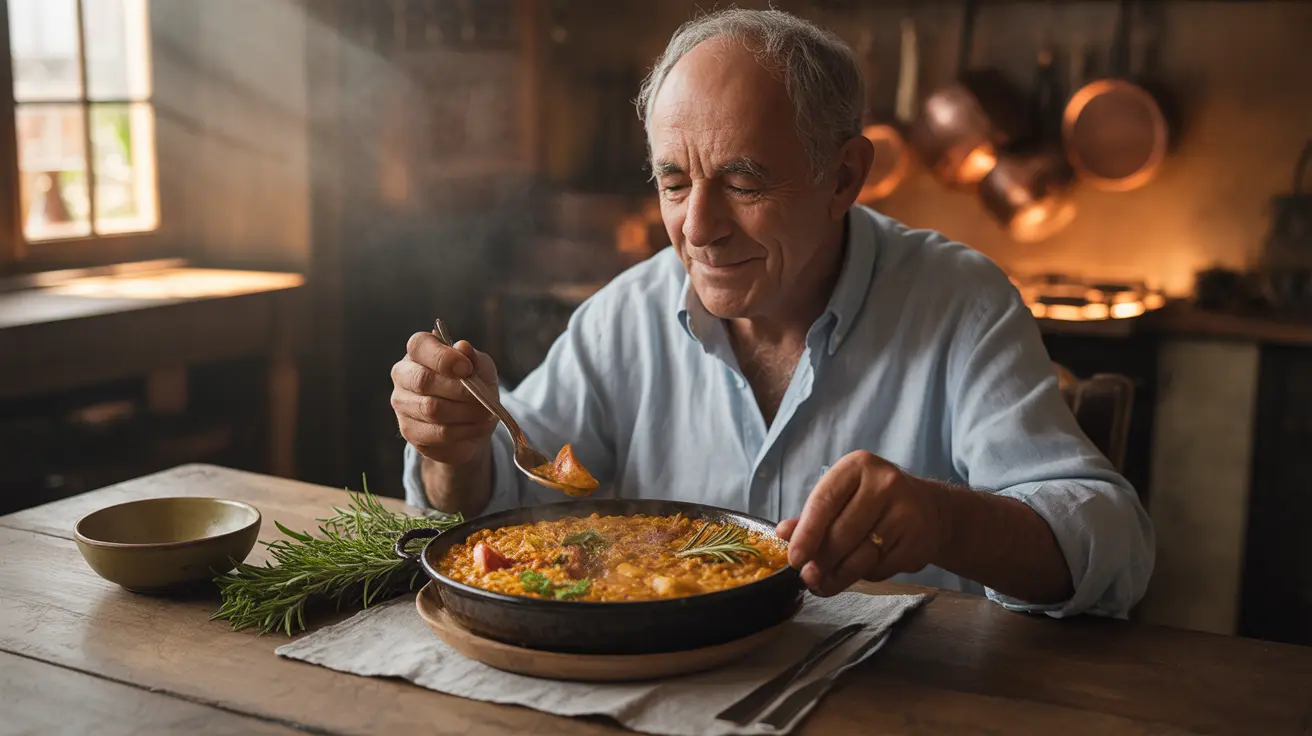As we age, changes in taste perception can significantly impact nutrition and quality of life. Many elderly individuals experience a diminished sense of taste, which can affect their appetite and overall health. Understanding how to stimulate taste buds in elderly people is crucial for maintaining proper nutrition and enjoyment of food.
This guide explores effective methods to enhance taste sensation in seniors, from dietary modifications to lifestyle changes that can make a meaningful difference.
Understanding Taste Loss in the Elderly
Age-related taste loss, known as presbyguesia, is a common condition affecting many seniors. Various factors contribute to this sensory change, including medication side effects, dental problems, and natural aging of taste buds. Recognizing these causes is the first step in addressing the issue effectively.
Using Herbs and Spices to Enhance Flavor
One of the most effective ways to stimulate taste buds in elderly individuals is through the strategic use of herbs and spices. Fresh herbs like basil, thyme, and oregano can add complexity to dishes without relying on excess salt. Additionally, warming spices such as cinnamon, ginger, and black pepper can provide stronger flavor profiles that are more easily detected by aging taste buds.
Recommended Flavor Enhancers
- Fresh herbs (basil, mint, cilantro)
- Aromatic spices (turmeric, cumin, cardamom)
- Citrus zests
- Garlic and onion
- Natural flavor extracts
The Role of Texture and Temperature
Varying food textures and temperatures can help compensate for diminished taste sensation. Combining different textures in meals can make eating more engaging and enjoyable. Consider incorporating crispy elements alongside smoother textures to create a more stimulating dining experience.
Maintaining Oral Health
Good oral hygiene plays a crucial role in taste perception. Regular dental check-ups, proper denture care, and maintaining a clean mouth can significantly improve taste sensitivity. Addressing dry mouth, a common issue in seniors, through proper hydration and appropriate medical interventions can also enhance taste perception.
Lifestyle Modifications for Better Taste
Several lifestyle changes can help improve taste sensation in the elderly:
- Regular physical activity to stimulate appetite
- Eating in a pleasant, social environment
- Avoiding smoking
- Staying well-hydrated
- Eating at consistent times daily
When to Seek Medical Help
While some taste changes are normal with aging, sudden or severe taste loss should be evaluated by a healthcare provider. This is particularly important if taste changes are accompanied by other symptoms or significantly impact nutrition intake.
Frequently Asked Questions
What are the main causes of loss of taste in elderly people? The primary causes include normal aging, medication side effects, dental problems, dry mouth, zinc deficiency, and certain medical conditions like diabetes or neurological disorders.
How can herbs, spices, and acidic foods help stimulate taste buds in seniors? These ingredients provide stronger flavor profiles that are more easily detected by aging taste buds. Acidic foods like citrus fruits can help activate taste receptors, while herbs and spices add intense flavors that break through diminished taste sensitivity.
What lifestyle changes can improve appetite and taste sensation in older adults? Regular exercise, eating in social settings, maintaining consistent meal times, staying hydrated, and avoiding smoking can all help improve appetite and taste sensation in seniors.
How does hydration and oral hygiene affect taste perception in the elderly? Proper hydration helps prevent dry mouth, which can impair taste. Good oral hygiene maintains healthy taste buds and prevents infections or conditions that could affect taste perception.
When should I consult a doctor about sudden or severe loss of taste in an elderly person? Consult a healthcare provider if taste loss is sudden, severe, or accompanied by other symptoms. Medical evaluation is also necessary if taste changes significantly impact nutrition intake or quality of life.




